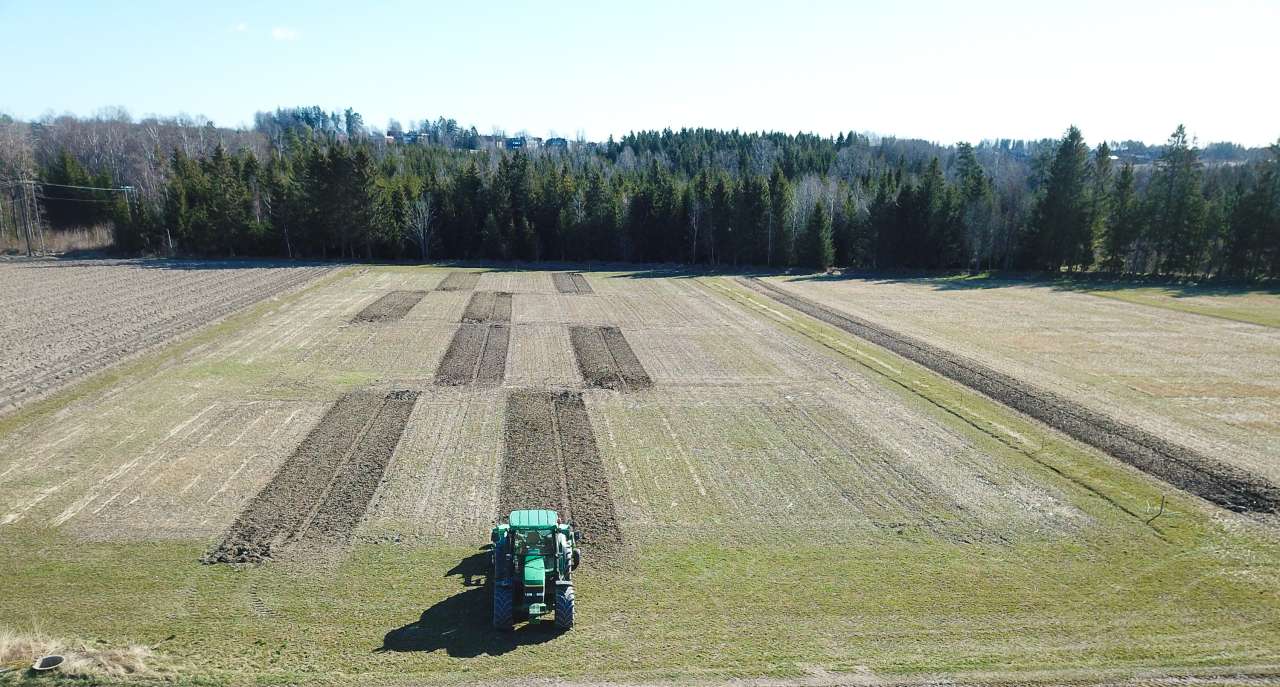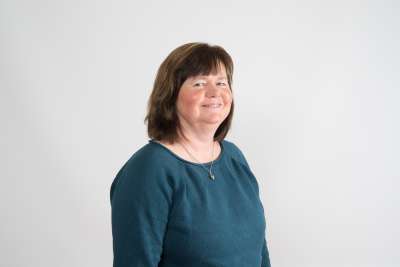Agriculture needs alternatives to glyphosate

Photo: Erling Fløistad
Couch grass and other creeping perennial weeds are a major problem for grass and grain producers. Spraying with glyphosate is often the chosen solution, but the EU is now considering to phase out this herbicide.
Glyphosate is the most commonly used pesticide in Norway and the rest of the world. However, there are strong signals from Europe that this substance will be phased out in the next few years. In 2017, glyphosate was approved for another five years, until the end of 2022. If glyphosate is phased out, there are fears that this could have major negative consequences on agriculture and food production.
NIBIO has been looking into potential measures that could help replace or reduce the use of glyphosate.
"In Norway, glyphosate is used to tackle couch grass and other weeds. There are no good chemical alternatives for dealing with couch grass in cereals, since alternative products have a shorter-lasting effect," says NIBIO researcher Kirsten Semb Tørresen.
Tørresen is one of several researchers at NIBIO who have spent years working to compile and obtain relevant knowledge about non-chemical and chemical alternatives to glyphosate.
In the project “Testing and information of alternatives to glyphosate in cereals”, NIBIO with collaborating partners have investigated mechanical alternatives to glyphosate and how we can reduce its use by using the VIPS-Ugras decision support tool. The project is now coming to an end.
NIBIO is also Norwegian partner in the European AC/DC-weeds project, which aims to develop methods for the sustainable control of weeds such as couch grass, perennial sowthistle and creeping thistle in agriculture.
The project focuses on new tillage methods involving less use of ploughing and more use of crops that are better able to compete with the weeds. An extensive series of trials was set up in 2019 in Germany, Finland and Norway. The trials will run until 2021.
Contacts

Contacts

